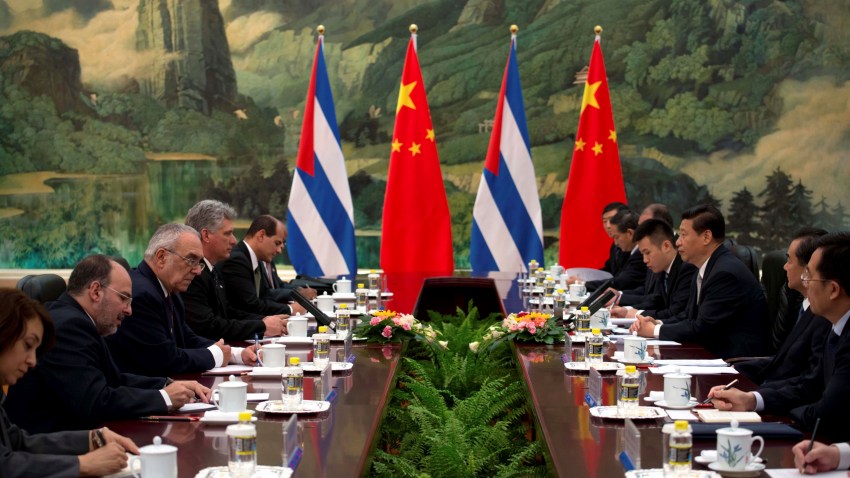Today at WPR, we’ve got stories on how the U.S. should respond to reports that Cuba will host a Chinese spy station and the ongoing conflict in the Oromia region of Ethiopia.
Get the Daily Review sent straight to your inbox every weekday.
First, though, here’s our take on today’s top stories:
Berlusconi: Italy’s longest-serving PM, Silvio Berlusconi, died on Monday aged 86. Berlusconi was known as much for his dominant and polarizing role in Italian politics from the 1990s through the 2000s as he was for his personal and legal scandals. (Reuters)
Our Take: Berlusconi’s clownish and often vulgar persona obscured the significant impact he had in pulling Italian politics further to the right, as well as on the European politics of immigration in particular. He was ultimately overshadowed by those on the far-right whose rise he helped enable, including current PM Giorgia Meloni.
Looking ahead, Berlusconi’s death will complicate things for Meloni, who counts Berlusconi’s Forza Italia party as part of her right-wing coalition. Her hold on power isn’t in immediate danger, but with no obvious successor to take the reins at Forza, Italian politics is due for a shake-up.
As Editor-in-Chief Judah Grunstein writes:
*****
Ukraine: A week after quietly beginning what is expected to be a vast counteroffensive, Ukraine claimed to have taken back three small settlements in the eastern region of Donetsk that had been occupied by Russia. (New York Times)
*****
You can read the rest of today’s News Wire, a curated selection of one must-read article from every region, here.

Last week, the Wall Street Journal reported that Beijing will pay Cuba billions of dollars in exchange for hosting what the story’s headline called a “Secret Chinese Spy Base” focusing on the United States.
As columnist James Bosworth writes, this is the sort of issue that should be handled with nuance. Instead, it is likely to fuel hysterical debates in the U.S. over politics, not policy.
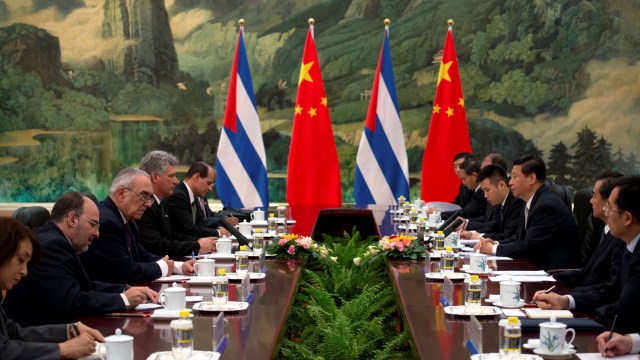
Hysteria Won’t Help the U.S. Counter China’s Spy Base in Cuba
The hot-button issue of great power competition between the US and China will likely fuel hysterical debates about China’s spy base in Cuba. Read more.
Meanwhile, Bereket Diriba reports on the ongoing conflict in the Oromia region of Ethiopia. The decades-long conflict was rekindled in 2018, but was largely overshadowed by the two-year war in Tigray. The fighting has escalated in recent months, and the first round of peace talks ended without an agreement to permanently halt their hostilities.
The Tigray War Is Over. Ethiopia’s Conflict in Oromia Is Raging On
Peace talks between the Ethiopian government and rebels from the country’s Oromia region ended in April without an agreement to halt their hostilities. Since the end of the Tigray war in November 2022, the fighting in Oromia has escalated. The stakes are high, raising questions about Ethiopia’s territorial integrity and stability. Read more.
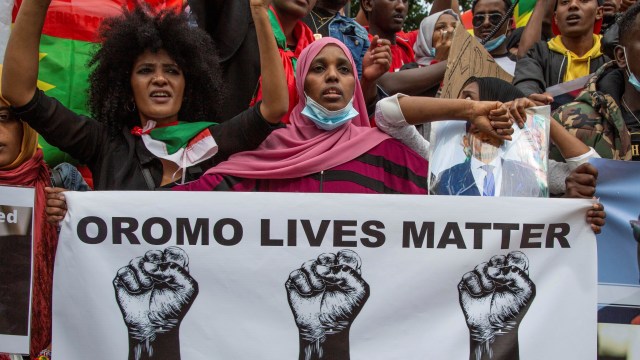

Question of the Day: What is the name of Brazilian President Lula’s proposed South American common currency?
- peso-real
- dinero
- sur
- sol
Find the answer in the latest WPR Weekly Quiz, then read James Bosworth’s column on why Lula’s plan will be a tough sell.

Colombia’s government and its largest remaining guerrilla group, the National Liberation Army, or ELN, agreed on Friday to a six-month cease-fire beginning in August. The cease-fire is in line with President Gustavo Petro’s “Total Peace” plan, which aims to reduce violence via peace talks and negotiated settlements with armed groups in the country.
As Elizabeth Dickinson wrote in March, though, many armed groups are simply using less conspicuous forms of violence to consolidate their foothold in rural areas:
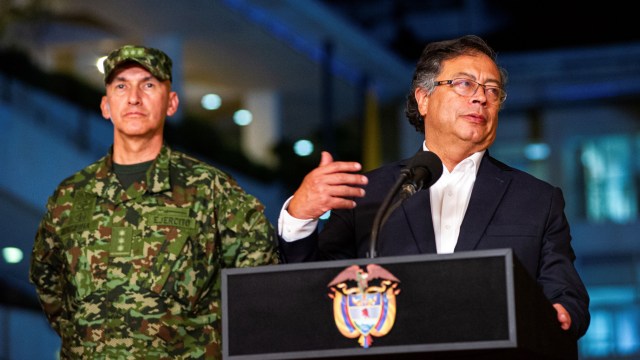
Colombia’s Violence Persists Despite Petro’s ‘Total Peace’
March 31, 2023 | As part of his “Total Peace” plan, President Gustavo Petro has asked Colombia’s armed groups clamp down on lethal violence and torture. While some have complied, others have simply traded conspicuous violence for other types of coercion. Read more.
After a period of gradual decline, the number of nuclear weapons held by major world powers is once again on the rise, the Stockholm International Peace Research Institute reported.
As Nicholas Miller wrote earlier this year, major breakthroughs on arms control and nonproliferation are unlikely, meaning the U.S. now faces “the unglamorous but still crucial task of trying to prevent a bad situation from getting worse.”
The U.S. Shouldn’t Write Off Nuclear Nonproliferation and Arms Control
March 24, 2023 | Nuclear risks are steadily growing, while the fragile restraints that limited nuclear proliferations fall by the wayside. Read more.
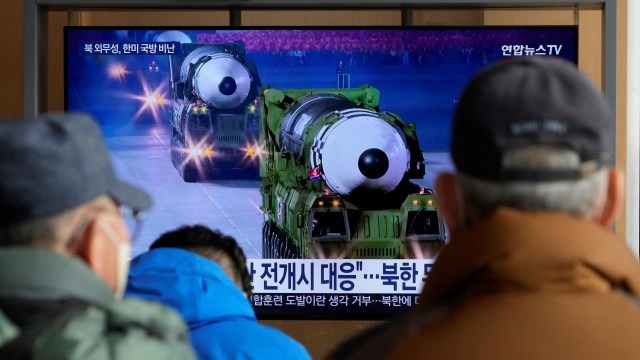
That’s a wrap on today’s Daily Review. Be on the lookout for an in-depth look at the appeal—and risks—of geoengineering as a possible solution to climate change.
Have a great day,
Jakob Cansler
More from WPR
- Paul Poast on why it’s time to bring Ukraine into NATO
- Will Freeman on Ecuador’s crime surge
- Frida Ghitis on the scandals rocking Colombia’s president
- Emil Avdaliani on China’s charm offensive in Central Asia
Jakob Cansler is WPR’s assistant editor and the author of the Cansler Culture newsletter.

